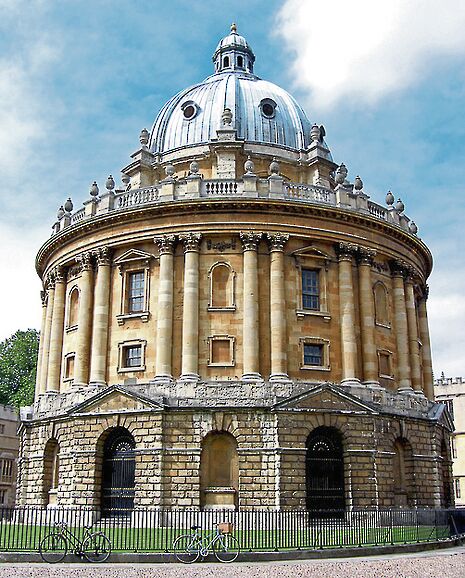Oxford overtakes Cambridge for startup investment
Cambridge lags behind, despite the high-tech hype

The University of Oxford has overtaken Cambridge in raising funds for start-ups so far this year.
As part of its ambition to become a global technological hot-spot, Oxford-based start-ups raised £110.7 million in venture capital in the months leading up to October, according to Dow Jones VentureSource. In contrast, those start-ups based in Cambridge raised £102.6 million – the only other time that Cambridge raised less funding than Oxford in a year was 2012.
Oxford has lagged behind Cambridge for some time in venture funding and the creation of tech-related companies. Attempting to redress that balance, Oxford has begun a project of investment in building facilities for technology- and science-related companies, including a new 17,000-square-foot research centre focusing on biotechnology.
Located opposite Oxford’s Medical School, this centre will host Oxford’s “Bio Escalator”, designed to accelerate biotech start-ups.
“There’s no question that Cambridge got out there with the tech thing way ahead of us,” said John Bell, Oxford’s Regius Professor of Medicine. “But we’re reeling it in.”
Bell is a non-executive director at Isis Innovation Ltd., a University of Oxford company licensing intellectual property from Oxford researchers and develops start-ups in the city.
The University of Cambridge has been a hub for top research companies since the founding of Cambridge Science Park, funded by Trinity College, in 1970. Buoyed further by the creation of the St John’s Innovation Centre in 1987, a University-driven system of local investment emerged, both developing start-ups from University projects, and also attracting companies to base themselves near the town. The high-tech business cluster around Cambridge has been dubbed “Silicon Fen”.
In August, The Economist dubbed Cambridge “the most exciting technology cluster in Europe”.
The area around Cambridge already plays host to the headquarters of computer chip-design company ARM Holdings, and the pharmaceuticals giant AstraZeneca PLC is in the process of moving its research and development headquarters to the Cambridge Biomedical Campus, near Homerton. Microsoft has a research centre on Station Road, and Apple is reported to be developing its UK R&D Headquarters in the town.
Corpus Christi and Trinity Hall Fellow Professor Andy Hopper, who helped build Acorn Computers and is Head of the Computer Laboratory, was ebullient about Cambridge’s future.
He praised the University for often allowing faculties to hold copyright over their research, saying that “Cambridge employees have much more freedom”.
The University typically demands a lower equity stake in spin-off companies than rival institutions.
Despite the success, both universities remain relatively small in terms of global venture capital funding for start-ups. In the third quarter of this year alone, companies in the San Francisco Bay Area, home to California’s Silicon Valley, raised £6.41 billion in investment, dwarfing Oxford’s £109.2 million, and Cambridge’s £52.5 million. In Cambridge, Massachusetts, home to MIT and Harvard, £374.9 million was raised in the third quarter, far exceeding Oxford and Cambridge’s efforts.
Among Cambridge’s greatest start-up successes is artificial intelligence company DeepMind Technologies, bought by Alphabet Inc., owner of Google, for a rumoured $400 million last year. Cambridgeshire is also home to the Raspberry Pi Foundation, created by Cambridge researchers, which promotes computer science and develops the Raspberry Pi computer.
 News / Judge Business School advisor resigns over Epstein and Andrew links18 February 2026
News / Judge Business School advisor resigns over Epstein and Andrew links18 February 2026 News / Hundreds of Cambridge academics demand vote on fate of vet course20 February 2026
News / Hundreds of Cambridge academics demand vote on fate of vet course20 February 2026 News / Gov grants £36m to Cambridge supercomputer17 February 2026
News / Gov grants £36m to Cambridge supercomputer17 February 2026 News / CUCA members attend Reform rally in London20 February 2026
News / CUCA members attend Reform rally in London20 February 2026 News / Petition demands University reverse decision on vegan menu20 February 2026
News / Petition demands University reverse decision on vegan menu20 February 2026










